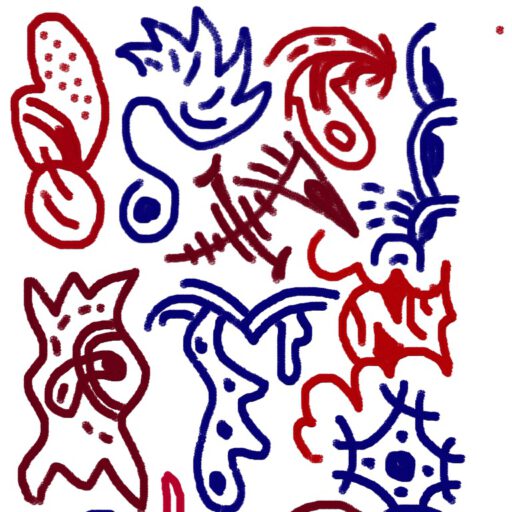Really love a post by Elisabeth Giovani on LinkedIn, about the scares and doubts about not writing in our mother languages. Feels good not to be alone, shared scares are lighter scares!
Funny, though, how we automatically refer to native speakers as arbiters who might grant or refuse us permission to write in English. As if they were familiar with the language we are using.
The globalized non-native English speakers and writers, talking mostly non-fiction here, have developed their own codes and good verbalization practices, as anyone working in an international environment can testify. The rules are fairly straightforward:
- Keep it simple: The sentence structure or syntax, the vocabulary, the references, the metaphors, all of what you say or write.
- Forget about stylistic aspirations. Achieving comprehension is hard enough without additional handicaps.
- Try to avoid cultural references that don’t travel easily. Keep in mind that your Fridays are some else’s Sundays.
- Think before joking. Humor has the nasty tendency to rely on prejudices that might well be mutually exclusive.
In the world of anglophone non-fiction, you get training to understand what you’re up against and learn these rules. Forget abut elegance. Keep it simple or the plane won’t fly. Those who are not willing to adjust don’t last long.
Making a living in this universe doesn’t prepare you well for encounters with the anglophone fiction writers guild. Turns out the bad English we have been using for decades didn’t make it into this particular sphere. OK, point taken. Think-o-mat is too well advanced to reformat the American and British characters. Starting with the following project, the full cast and the narrator will be non-native speakers. Pity there are no non-native agents and publishers.
